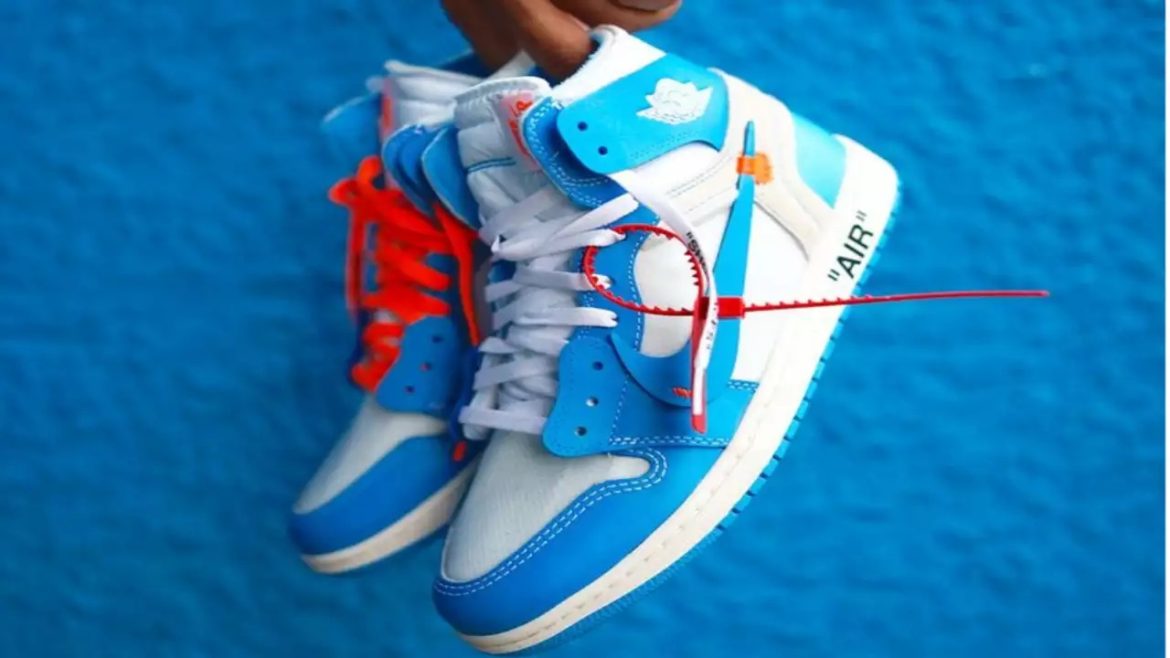In sneaker culture, the allure of owning a pair of authentic Jordan 4 sneakers is undeniable. With their iconic design and Michael Jordan’s legacy behind them, these shoes fetch high prices in both primary and secondary markets. However, where demand and value are high, counterfeiters thrive, flooding the market with jordan 4 fake replicas that deceive unsuspecting buyers.
The prevalence of jordan 4 fake sneakers in today’s market is a significant issue that affects both consumers and the industry at large. Counterfeiters have become increasingly sophisticated, replicating every detail from the shoe’s silhouette to its packaging and even holographic tags. These replicas are often sold at a fraction of the price of genuine Jordans, attracting buyers looking for a deal or collectors who may not be able to afford the authentic versions.
Online marketplaces have become hotbeds for these counterfeit transactions, where sellers operate under the guise of legitimate vendors, making it challenging for consumers to distinguish between real and fake products. Even established e-commerce platforms struggle to completely eradicate these listings, despite efforts to implement strict authentication processes.
The consequences of purchasing fake Jordan 4 sneakers can be severe. Not only do buyers end up with a product of inferior quality, but they also contribute to a black market economy that undermines legitimate businesses and brands. The resale market, which drives much of the hype surrounding sneakers like the Jordan 4, becomes saturated with counterfeit goods, making it difficult for authentic sellers to compete.
Detecting fake Jordan 4 sneakers requires a keen eye and familiarity with the shoe’s authentic characteristics. Details such as the quality of materials, stitching, placement of logos, and even the feel of the shoe can provide clues to its authenticity. However, even experienced collectors can be fooled by the level of detail counterfeiters put into their replicas.
Manufacturers and retailers have responded to this challenge by implementing various strategies to authenticate products, including unique serial numbers, NFC tags, and partnerships with authentication services. These measures aim to reassure consumers and protect the integrity of the brand.
Education and awareness are crucial in combating the prevalence of fake Jordan 4 sneakers. Buyers must research reputable sellers, inspect products thoroughly, and stay informed about the latest counterfeit trends. Supporting authorized retailers and platforms that prioritize authenticity helps uphold the value of genuine products in the sneaker community.
While the market for Jordan 4 sneakers continues to thrive, so too does the illicit trade in counterfeit replicas. The prevalence of fake products underscores the importance of vigilance and consumer awareness in navigating this complex and evolving landscape of sneaker culture.

